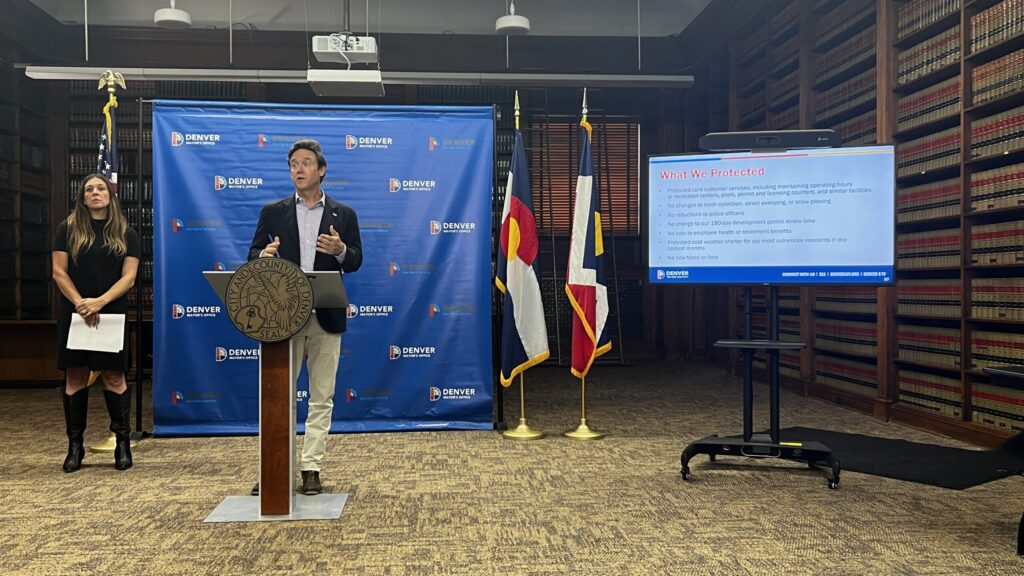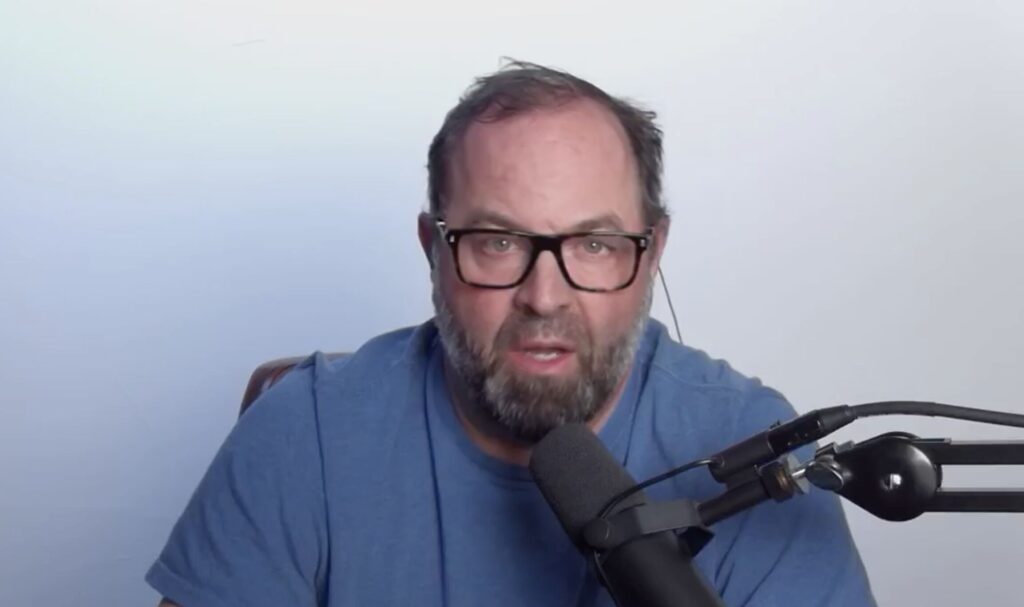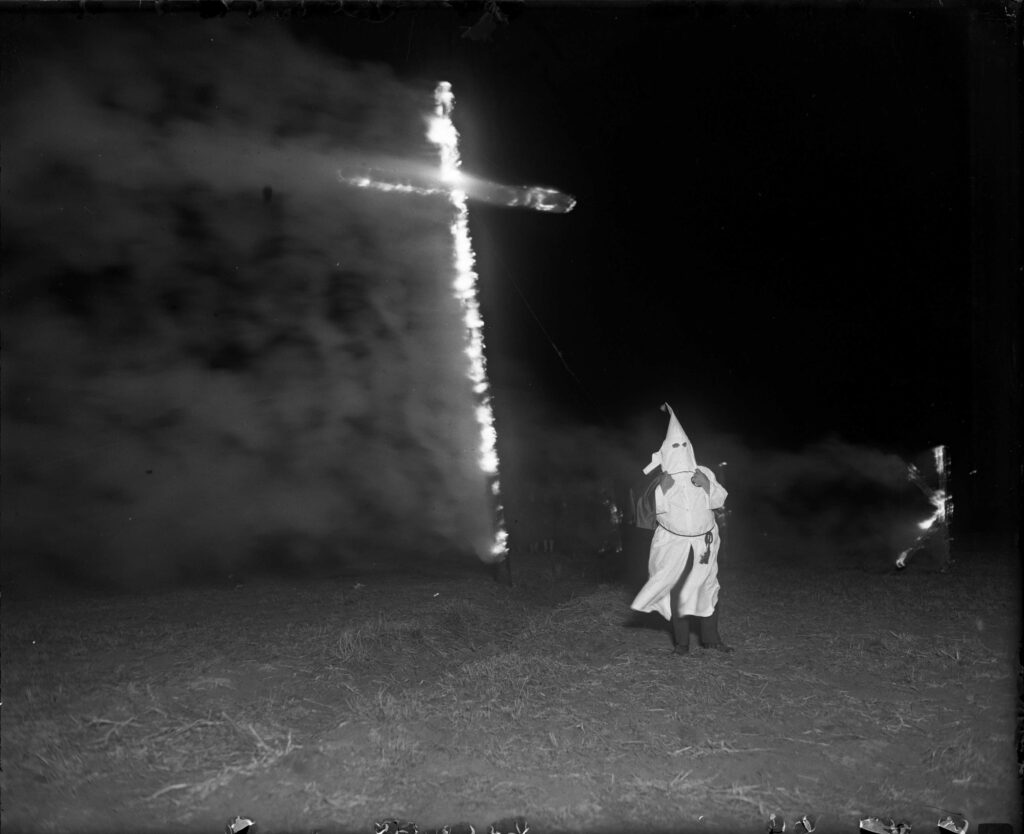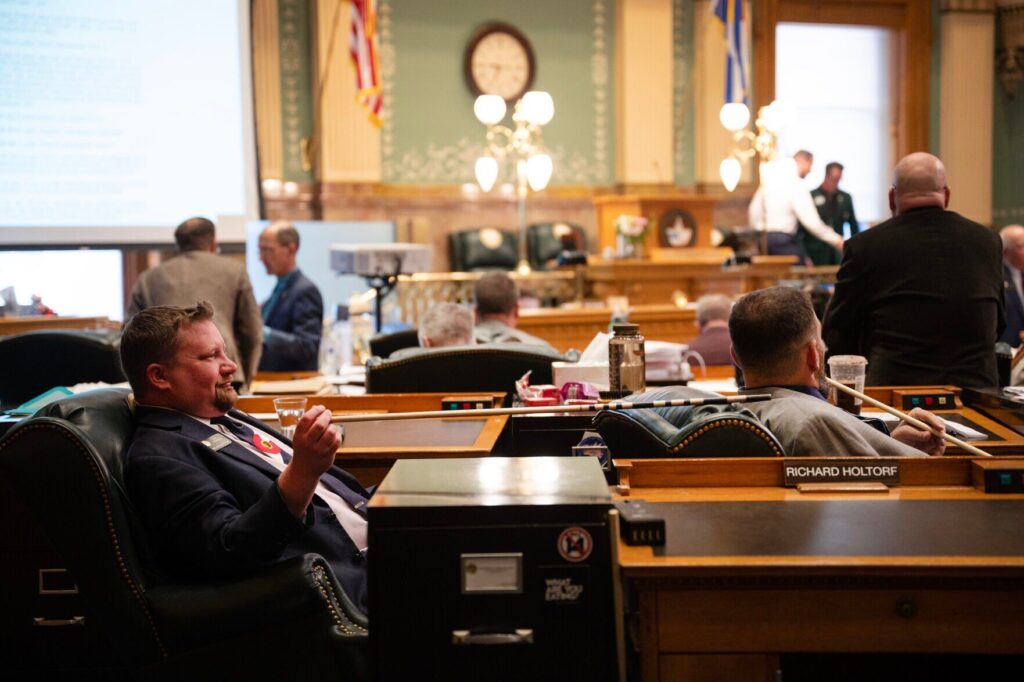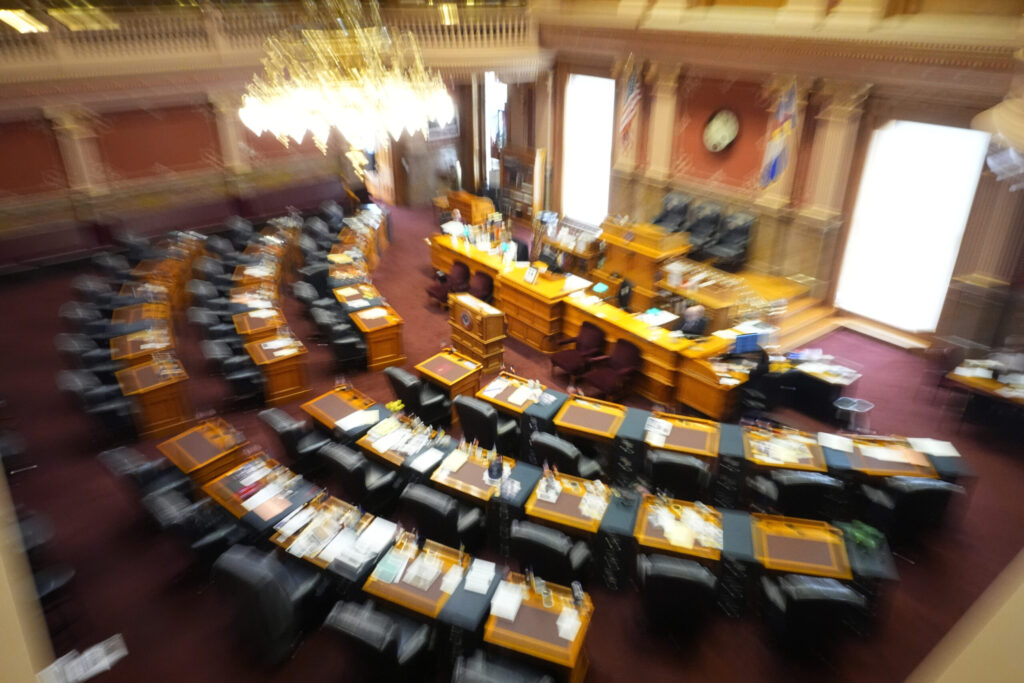Proposed contribution limits for Colorado county candidates hardly a shoo-in
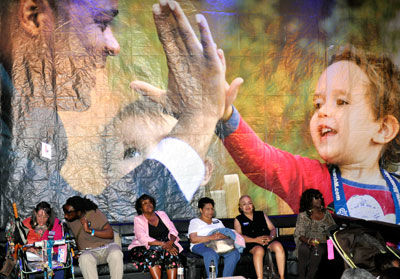
For all the tight controls on campaign contributions to candidates for state office — no individual donor can give more than $1,150 to someone running for governor, and it’s lower for legislative contenders — the state imposes no restraints at all on a candidate for the Baca County Commission. Or for Larimer County treasurer. Or clerk and recorder in El Paso County.
That’s right; the landmark Amendment 27 — with its wide-ranging restrictions on campaign contributions to state government candidates and its much-debated provision allowing enforcement by anyone who wants to file a complaint alleging a violation — leaves county races untouched.
Pending legislation would change that. House Bill 1260 — introduced in the House by Lakewood Democratic state Rep. Chris Kennedy as the most far-reaching bill in a package of Democratic-sponsored campaign-finance reforms — establishes contribution limits and disclosure requirements for both primary and general elections for candidates for county offices. It limits individual contributions to county candidates to $2,500 per cycle, meaning $1,250 for the primary and $1,250 for the general election.
A House Democratic press statement quoting Kennedy on the subject the other day made it sound like like the case for his legislation was open-and-shut:
“Not having any contribution limits whatsoever for county candidates is really an outlier in our state’s campaign finance laws…I’ve seen a county candidate who received a $40,000 contribution, and it was perfectly legal. Contributions that size raise concerns that elected officials may not be putting the people first. Putting in place these contribution limits is a reasonable step to restore faith in county elections.”
Not so fast. When the bill was heard in the House State, Veterans and Military Affairs Committee, representatives of liberal-leaning good-government groups Colorado Ethics Watch and the Colorado Public Interest Research Group testified in favor of the proposal. Yet, a representative of the usually similarly inclined Colorado Common Cause testified against the measure, reportedly because it didn’t go far enough. And the Colorado Secretary of State’s Office — the regulator in chief of the state’s elections — weighed in against the measure, as well.
Deputy Secretary of State Suzanne Staiert, who had appeared before the committee to register her office’s opposition, told us this week the office ultimately opposes candidate-contribution limits on general principle:
“Limits on candidate contributions push money to outside groups that run negative ads but are not accountable to the candidate. They also disadvantage the average Coloradan who can’t afford to self-fund a campaign.”
That’s consistent with the overall philosophical tilt of Republican Secretary of State Wayne Williams, and, sure enough, even though the committee approved the bill, all three of the panel’s minority Republicans voted no. Keep in mind their party runs the other legislative chamber.
How about Colorado’s counties? How do they feel about the bill? Their lobby at the Capitol hasn’t taken a position. Eric Bergman, policy director for Colorado Counties Inc., which advocates for the state’s 64 counties at the legislature, told us:
“This is at its core a campaign finance issue that has little to no bearing on local governance issues or county powers. Accordingly, CCI is deferring to local political parties and campaign finance experts to advocate for or against the bill.”
With the counties’ own lobby agnostic on the issue, the state’s elections czar dead-set against it and his fellow Republicans in control of the Senate — where the bill eventually will go, assuming it makes it through the Democratic-run House — what are its odds of survival?





